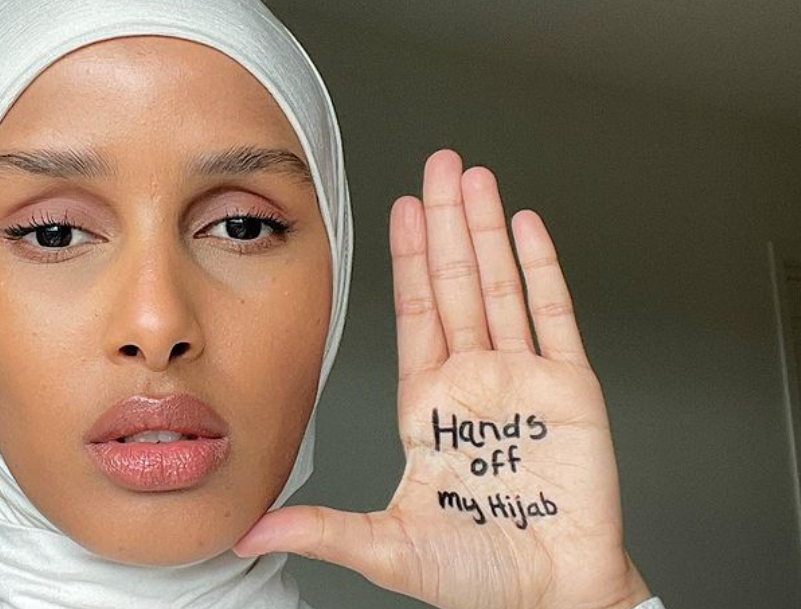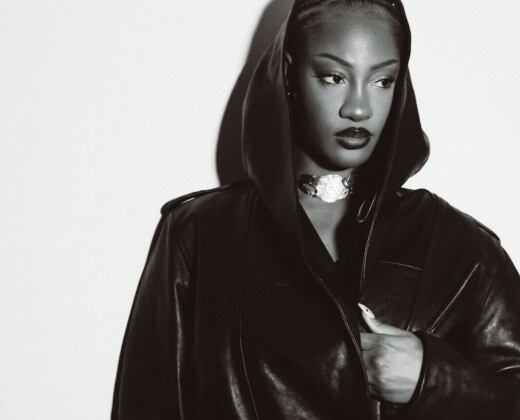Photo Credit: @Rawdis
While some countries like New Zealand are promoting the social inclusion of the Muslim community through initiatives such as the introduction of hijabs as part of the official uniform for Muslim women who wish to join the police service, other European nations like Switzerland and France seem to be doing the opposite.
Less than a month after Switzerland narrowly voted in favour of banning face coverings in public, including the burka or niqab worn by Muslim women, France has followed its steps and announced stricter measures against “religious” clothing and symbols in public.
On the 30th of March, the French Senate voted in favour of a draft law to outlaw the public use of hijab on women under the age of 18, the use of burkinis in public swimming pools and prohibit hijabi mothers from accompanying their children to school field trips – “Prohibition in the public space of any conspicuous religious sign by minors and of any dress or clothing which would signify an interiorization of women over men.”
These provisions form part of the so-called “anti-separatism” bill voted by the conservative-led Senate – led by President Emmanuel Macron’s centrist La République En Marche (LREM) party. However, the bill has not been put in effect yet, as it must first be confirmed by the French National Assembly.
France has historically prioritised the separation between the state and religion, following the ideal of individualism. Therefore the proposed regulations come as no surprise due to the principles of secularisation upheld by the nation, proven through measures such as the banning of veils in public schools since 2004.
It has been expressed by French President Emmanuel Macron that the demonstration of religious beliefs through the use of clothing and symbols is underscoring the country’s secular system, since it is believed to encourage separatism.
However, these “anti-separatist” measures have been perceived as counterintuitive and discriminatory by both the French and international public. Many have resorted to social media to express their outrage, arguing that the implementation of such measures would further exclude the Muslim community from French society due to its disregard for their customs and beliefs. Should the bill be passed into law the age of consent for wearing a hijab (18) in France will become higher than the age of consent for sex (15), ignoring the that a high percentage of Muslim women wear the hijab starting at the age of puberty, likely prior to being 18 years old.
According to Amnesty International’s Europe researcher, Marco Perolini, the proposed law is a serious violation of human rights:
“This proposed law would be a serious attack on rights and freedoms in France… Time and again we have seen the French authorities use the vague and ill-defined concept of ‘radicalization’ or ‘radical Islam’ to justify the imposition of measures without valid grounds, which risks leading to discrimination in its application against Muslims and other minority groups. This stigmatization must end,”
Marco Perolini, Amnesty International
This makes us wonder, is this a law to suppress separatism or enhance it?
Words By Chiara Ferrari








